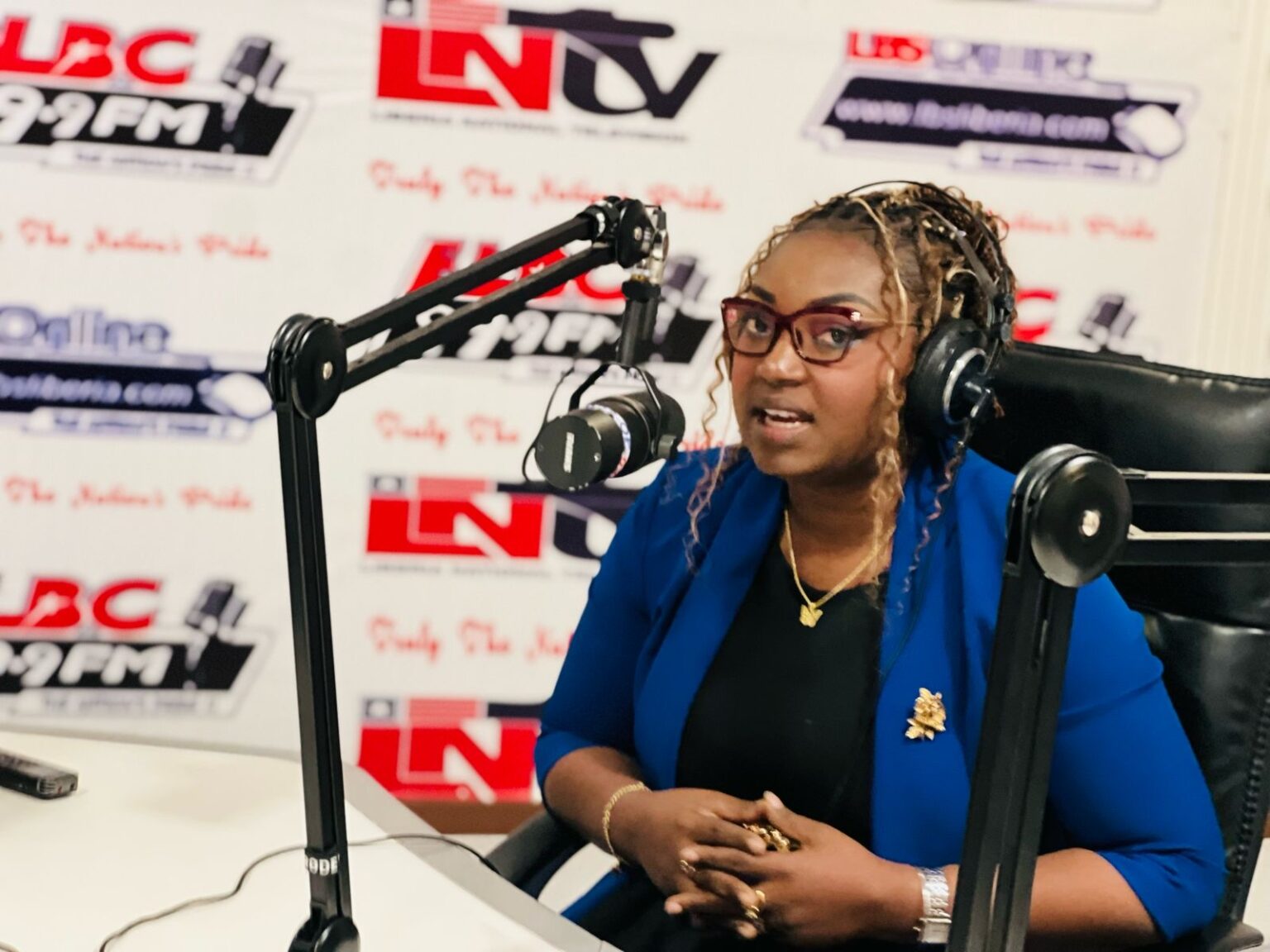Monrovia, April 17, 2025:– The National Road Fund (NRF) of Liberia is making bold moves to transform its operations, calling on the national government to grant it full independence and usher in a new era of road infrastructure development. As part of this transition, the NRF this week welcomed two distinguished guests: Hon. Mohamed Kallon, CEO of the Sierra Leone Road Maintenance Fund Administration, and Hon. John Ali Ipinge, CEO of Namibia’s Road Fund Administration.
Their visit comes amid Liberia’s efforts to shift from a first-generation road fund one of the last in Africa to a second-generation model** that promises transparency, autonomy, and long-term sustainability.
Currently, Liberia’s NRF operates with high government oversight. As a first-generation fund, it has historically depended on a single revenue stream—fuel levies—until 2025, when vehicle registration fees were added. Decisions on how funds are spent rest largely with politically appointed boards, and revenues are tied into the national budget, causing bureaucratic delays and inefficiencies in road maintenance.
“Liberia’s road network is in a dire state—many roads are impassable during the rainy season, and poor maintenance is a persistent issue,” said Mrs. Joseta Neufville-Wento, Manager of the NRF. “Granting the Road Fund full autonomy would be a strategic move toward long-term development and effective governance.”
To strengthen the NRF and drive reform, the African Development Bank has hired a legal consultant to review the NRF Act of 2016, laying the groundwork for its evolution into a second-generation road fund. Unlike its predecessor, a second-generation model is managed by a board representing road users—not political appointees—and includes more diversified revenue sources such as axle load charges and tolls.
As part of its strategic engagement, the NRF invited the CEOs of Namibia and Sierra Leone to Liberia to share insights and best practices from their more advanced systems.
“This visit is about learning, growing, and ultimately transforming into a modern, independent, and user-driven institution,” Mrs. Neufville-Wento said at the welcoming ceremony. “These are the kinds of partnerships that build institutions.”
Namibia’s Road Fund, which represents a third-generation model, operates entirely free of government interference and generates over $200 million annually through Public-Private Partnerships (PPPs) and other innovative mechanisms.
“Liberia has what it takes to become a model in West Africa,” said Hon. John Ali Ipinge of Namibia. “With the right policy shift and leadership, the transition from a government-led to a user-led fund will unlock efficiency, investment, and long-term sustainability.”
Hon. Mohamed Kallon of Sierra Leone praised Liberia’s commitment to change. “This is an important step. We went through this transition and saw firsthand how operational independence leads to better planning, accountability, and service delivery,” he said. “Liberia has the potential to achieve even greater results.”
Mrs. Neufville-Wento explained that an autonomous road fund would significantly improve transparency and accountability by ensuring that funds are allocated based on technical needs rather than political considerations. She also emphasized that dedicated funding streams such as tolls and axle load charges would provide financial stability, enabling long-term planning and timely maintenance.
She added that operational independence would allow the NRF to attract qualified professionals, implement modern planning tools, and move away from ad hoc, reactive approaches toward more strategic infrastructure management. Moreover, a reformed and independent fund would boost confidence among donors and private investors, opening the door for increased funding and public-private partnerships.
Perhaps most importantly, she said, independence would reduce bureaucratic delays and enable faster responses to road emergencies—particularly during the rainy season, when rapid interventions are critical.
As Liberia’s roads continue to face critical challenges—from pothole-ridden highways to impassable rural routes—the NRF is positioning itself to become a more effective, independent institution capable of driving real, lasting change.
“This is not just about fixing potholes,” said Wento. “It’s about transforming how Liberia builds, maintains, and manages its road infrastructure—for today and for generations to come.”

